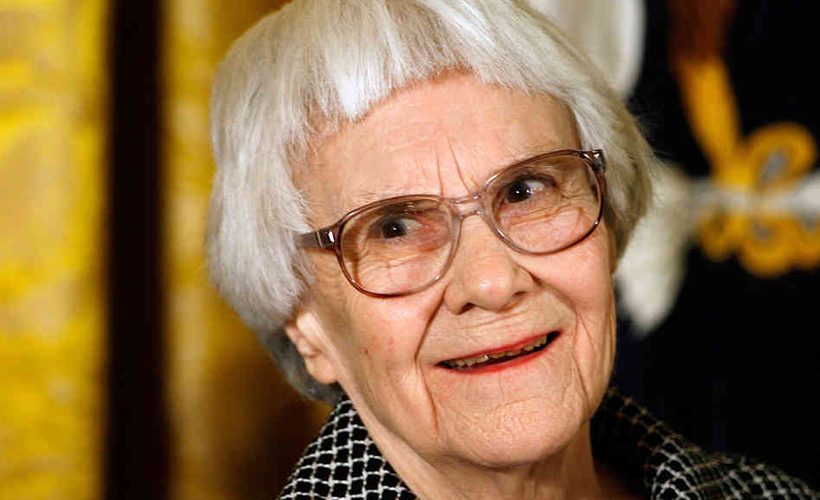55 years after the release of the award-winning novel, To Kill A Mockingbird, author Harper Lee will be releasing a sequel to the famed novel that will be an all-male reboot of the original.
Lee felt that the timing was right to release the all-male version. “Scout’s such an interesting character, and as the representation of women in the media progressed, I grew concerned that soon there’d be no good, complex roles for men anymore. One of my biggest regrets was that there just weren’t enough strong male voices in the original story.”
Lee adds: “That’s why I thought a similar version of the same story, taking place a few years later in the same town, but with only men this time, instead of mostly male characters and one main female character, could be worthwhile.”
Mockingbird’s protagonist, Scout, whose full name is Jean Louise Finch and is one of the strongest female characters in canonical literature, will still be known as Scout, but as a boy. This change will be explained to readers when Scout realizes he’s been a boy all along, thus explaining his strong intellect, ability to capture the heart of a reader, and maintain the principal role in a major work of fiction.
Scout’s father Atticus, who in the original To Kill a Mockingbird is a widower, will still be a man, but will be much cooler and more masculine. Miss Maudie Atkinson, a neighbor in the original Mockingbird, is now a 25-year-old man who smokes cigarettes and is described by Lee as a “real Liam Hemsworth-type.”
More changes include that Calpurnia, the black female housekeeper in the original book, will now be “Kyle,” who is white and knows a lot about weapons, while Aunt Alexandra, Atticus’s married sister in the original will now be Uncle Alex, the ultimate bachelor.
“Alex will be a great wingman to Atticus and an awesome bad-boy uncle to Scout and Jeremy.”
Lastly, another large change is that character Mayella Violet Ewell, who figures centrally to the entire plot of To Kill a Mockingbird will now simply be written out entirely. “All that matters about this sequel is the message I’m sending, which is that men’s stories are valid, too.”




